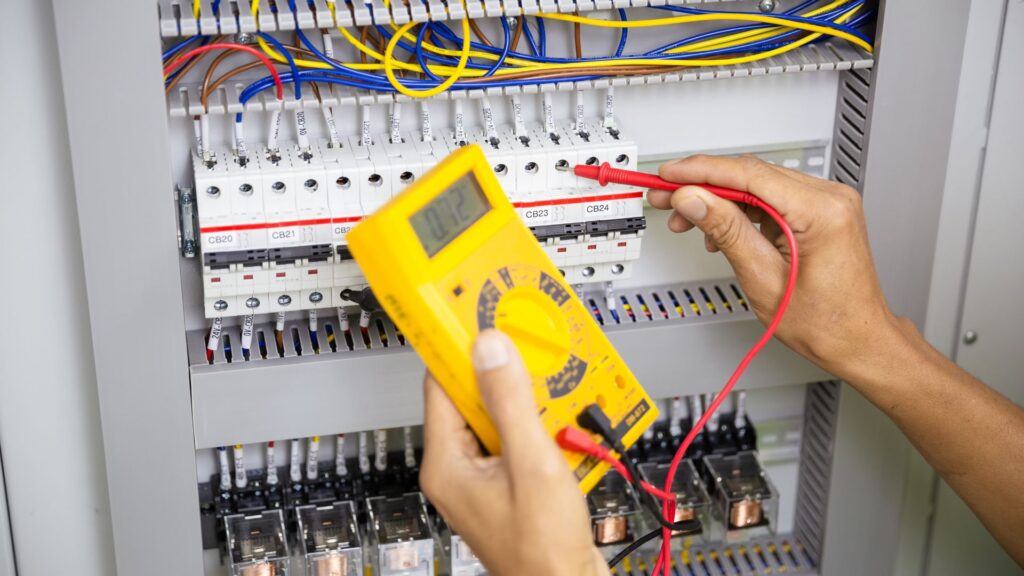Electrical engineering is at the heart of technological advancements, powering everything from smart cities to renewable energy solutions. In Australia, rapid innovation and sustainability goals are reshaping the industry. As businesses, developers, and engineers look ahead, understanding the latest trends is crucial for staying competitive.
1. Smart Electrical Systems: The Rise of Automation and IoT
The integration of Internet of Things (IoT) technology into electrical systems is transforming how we design and manage energy. Smart meters, AI-driven automation, and cloud-based monitoring systems allow real-time tracking of power usage, improving efficiency and reducing costs.
Key innovations include:
- Automated lighting and HVAC control to optimize energy use
- IoT-based power monitoring for commercial and industrial spaces
- AI-powered fault detection to prevent electrical failures before they occur
2. Renewable Energy Integration: The Shift Toward Sustainability
Australia is leading the way in renewable energy adoption, with businesses and residential areas increasingly relying on solar photovoltaic (PV) systems, battery storage, and EV charging infrastructure. The push for sustainability is driving innovation in:
- Microgrid solutions for decentralized power generation
- Hybrid solar-battery systems for uninterrupted energy supply
- Vehicle-to-grid (V2G) technology, allowing EVs to supply power back to the grid
3. Low Voltage (LV) Power Systems: Enhancing Safety & Efficiency
With increasing electrical demands, LV power systems must be more reliable and efficient. Innovations in LV system design now include:
- Smart switchboards with real-time load management
- Energy-efficient transformers to reduce power losses
- Advanced circuit protection to improve safety and longevity
4. The Evolution of Security Systems in Electrical Engineering
Security has become a major focus in electrical engineering, with biometric access control, AI-powered surveillance, and integrated cybersecurity playing a crucial role. Modern security designs now include:
- CCTV with AI-based threat detection
- Automated emergency response systems integrated with fire detection
- Encrypted power networks to prevent cyber threats
5. The Growing Importance of Lightning Protection Systems
Australia’s unpredictable weather conditions make lightning protection essential for businesses and infrastructure projects. Advances in lightning risk assessments, surge protection devices, and grounding techniques are helping industries safeguard their assets.
6. Smart EV Charging Infrastructure: The Next Big Leap
With electric vehicles becoming mainstream, businesses must prepare for large-scale EV charging deployment. Innovations include:
- Wireless EV charging for hassle-free energy transfer
- Solar-integrated charging stations to promote sustainability
- Fast-charging networks capable of handling high demand
What This Means for Businesses and Engineers
As these trends shape the future of electrical engineering, businesses and engineers must adapt by integrating smart, sustainable, and compliant solutions into their projects. Whether it’s energy-efficient LV systems, renewable energy, or advanced security, staying ahead of these innovations is key to long-term success.
At Decobu, we specialize in future-ready electrical engineering solutions tailored to the evolving needs of Australian businesses. Contact us today to discuss how we can integrate the latest technologies into your next project.




